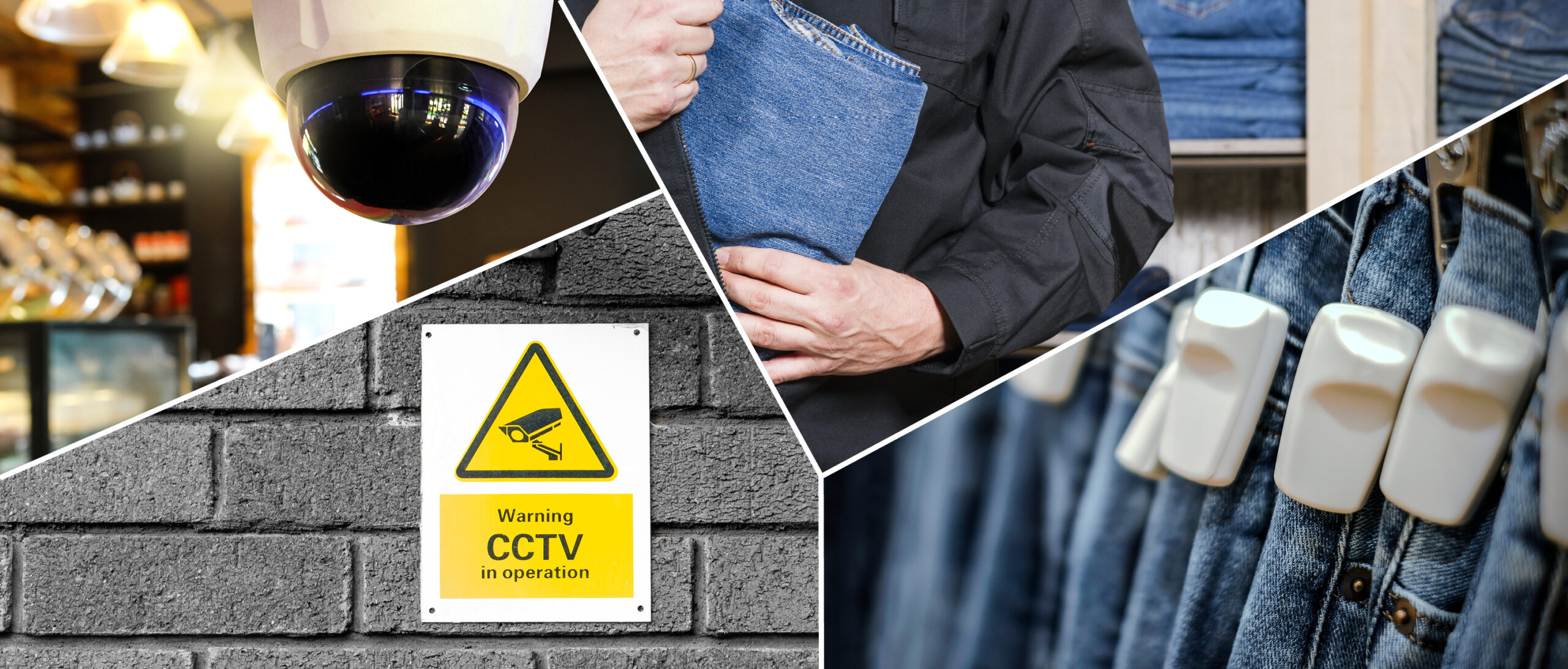With inflation and cost of living pushing pressure on retailers to absorb increases in their costs, it’s difficult to absorb the costs of theft from retailers. But the effects of inflation hitting incomes, combined with a perceived lack of interest from Police, has seen store thefts rise sharply.
The data around theft from retailers is disturbing reading. If we look at data published by the Centre for Retail Research, this year alone theft from stores is set to reach around £1.3 billion. That equates to £3.5 million in losses every day and is a rise of 25% from 2022.
This is not a problem affecting just one part of the UK either. While Westminster and its world-famous Oxford Street sees the worst level of shoplifting per 1,000 people, Lincoln, Worthing, Nottingham and Portsmouth all feature in the top ten retail theft hotspots. It’s an issue which has spread across the entire country.
Theft is not a hidden or ‘victimless’ crime either. Workers in retail are more likely to being threatened and assaulted if they intervene. The British Retail Consortium’s latest figures show attacks on staff, including racial and sexual abuse, has gone up from 240 per day in 2019 to 850 per day in 2021/2022.
So theft can carry both an enormous emotional impact on staff as well as financial burden on retailers. Face with media reports that Police forces were effectively downgrading shoplifting, retailers have had to take action.
The response from retail
It began with 100 CEOs of retail companies writing to the Police and Crime Commissioners in England and Wales. Their request was simple – make retail crime a priority in local policing. Brands including Burberry, John Lewis and M&S have called on the Home Secretary to address this issue. And in September ten retailers joined up to fund Project Pegasus. This is an initiative for the Police to run CCTV images of shoplifting incidents through the National Police Database. The aim is to catch gangs and where they are targeting and hit prolific thieves.
Others are trying different ways to combat crime. Co-Op is employing guards in stores. Waitrose is encouraging Police officers to visit their locations for free coffee, in the hope that the sight and presence of law enforcement on the premises will deter criminals. Tesco is offering body cameras to their staff to record any incidents.
Theft itself can of course take many different forms. Sadly, a significant percentage of losses is due to staff theft. This can be through many guises is often difficult to prove, and can have a devastating impact on morale.
Making thieves think twice
So what steps can retailers take to deter theft from their premises? Visual deterrents still hold tremendous value. Clear warnings about prosecutions do deter casual theft. Strategically placed mirrors and CCTV will make thieves think twice. The Smart Dome, introduced four years ago, spots loitering visitors, and can play warning announcements along with flashing lights. Cabinets displaying jewellery can use invisible RFID locks. Many times, simply having friendly staff who engage with customers will have a big effect too as thieves prefer to not be noticed.
If you stock high-value or necessity retail items, then placing dummy boxes to be exchanged at a counter has become a popular way to stop theft. Security tags are of course a decades-old solution favoured by clothing retailers. Their use has spread to other items such as spirits and razor blade packs. A recent innovation now used by The Perfume Shop is to overlay a laminate over RFID tags which is tamper evident. Any attempt to remove it destroys the packaging, reducing the black market value.
Get the basics in place
For retailers, ensuring the basics to deter thieves are in place and working correctly is the first priority. Casual and impulsive thieves can be relatively easy to deter. A well maintained location with security features working as intended will put them off. It is a different issue with more determined and prolific individuals and gangs. Investment in new security layers to warn, monitor and catch criminals is only going to increase.
But ultimately, dealing with shoplifting is a wider issue outside the store. As Helen Dickinson, Chief Executive of the British Retail Consortium said, “To make the UK a safer place to work the Home Office must improve its reporting around the amendment to the Police, Crime, Sentencing and Courts Act, and the police must prioritise adequately resourcing retail crime. Surely everyone deserves the right to go to work without fear.”









